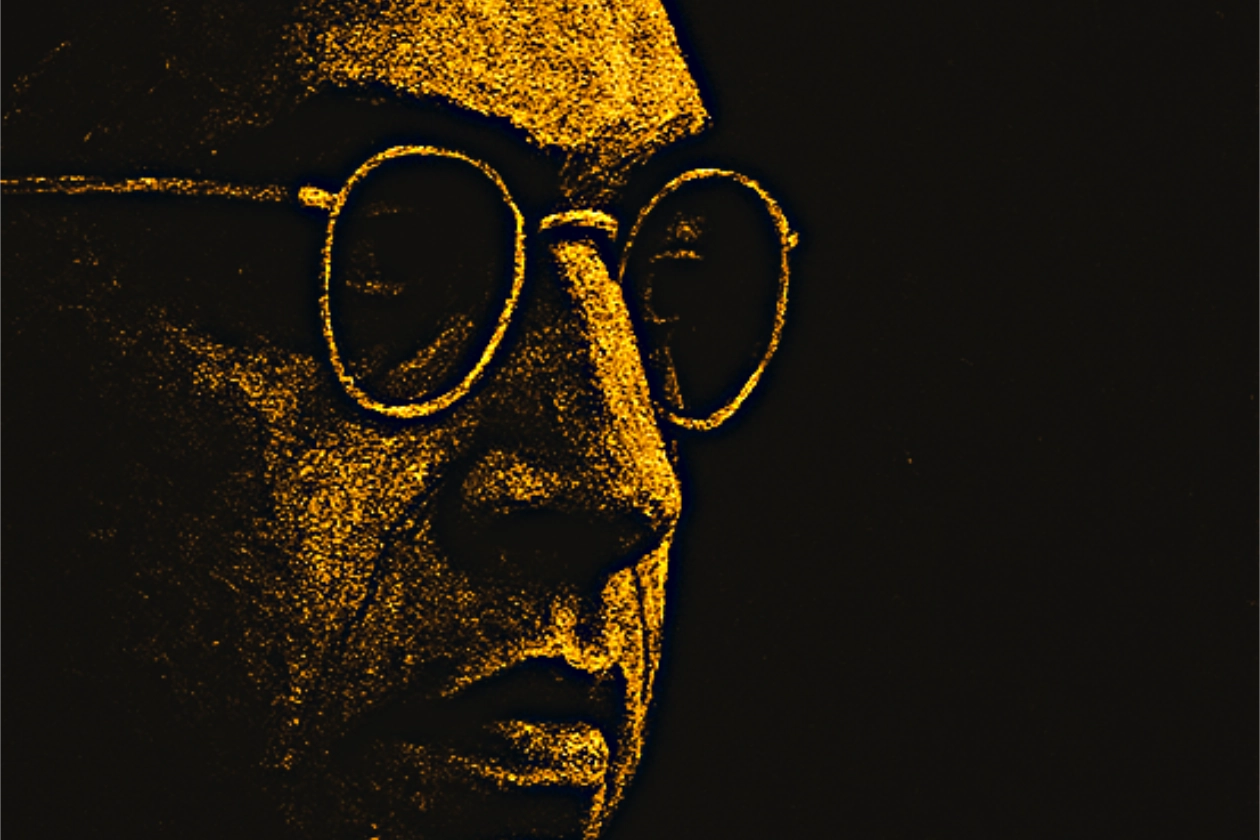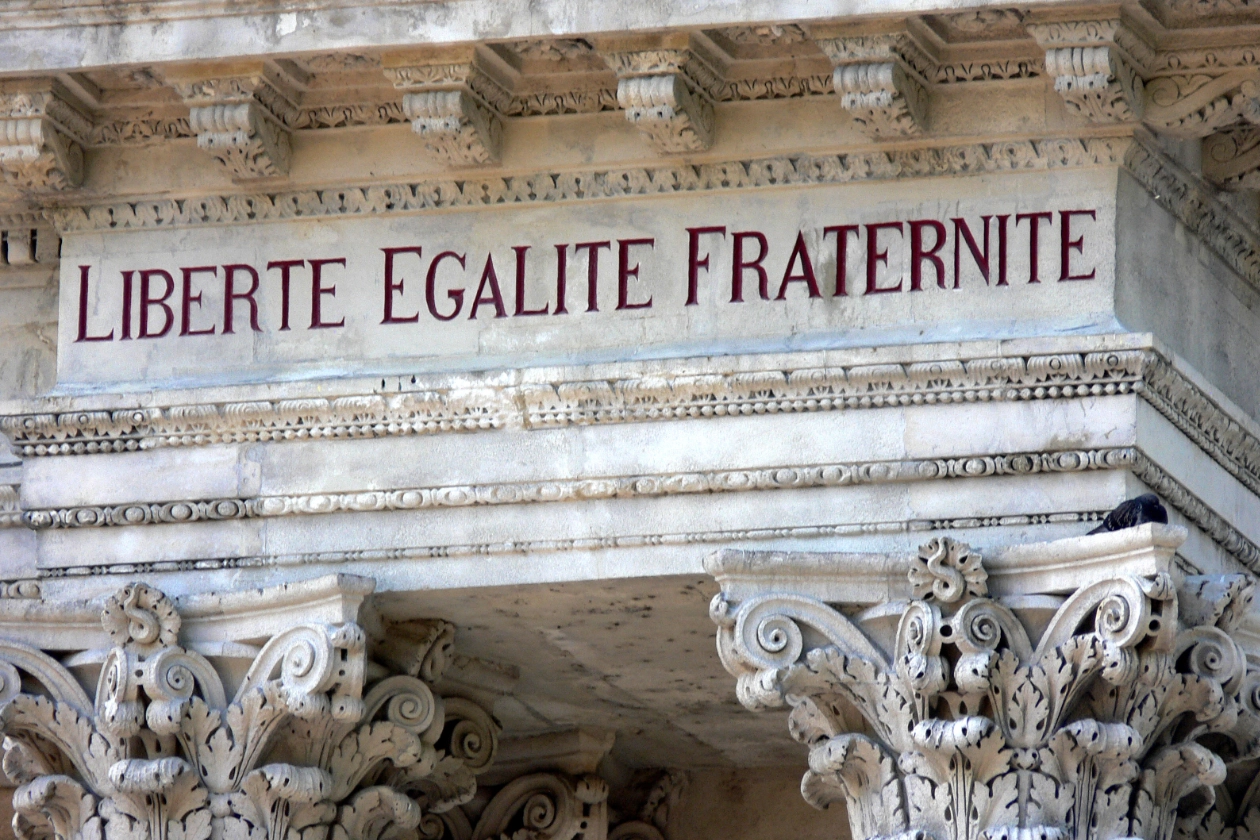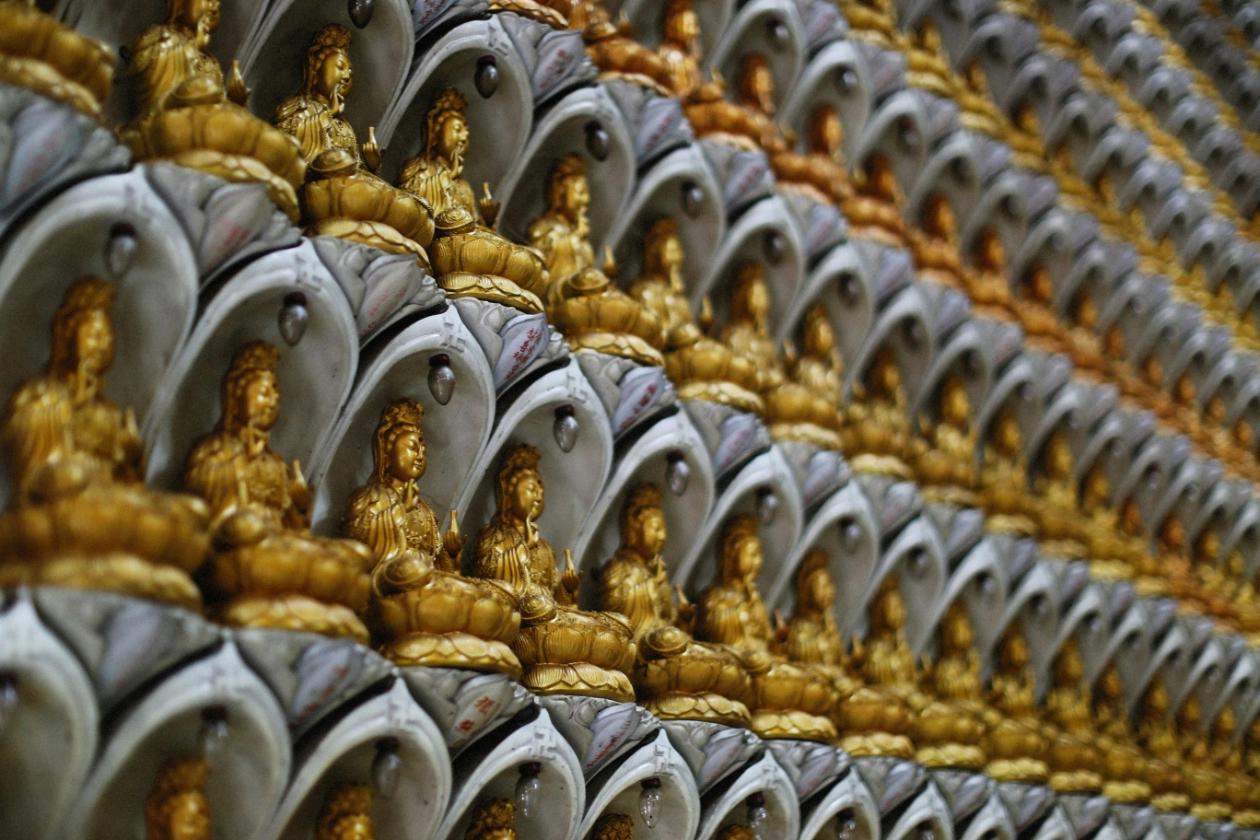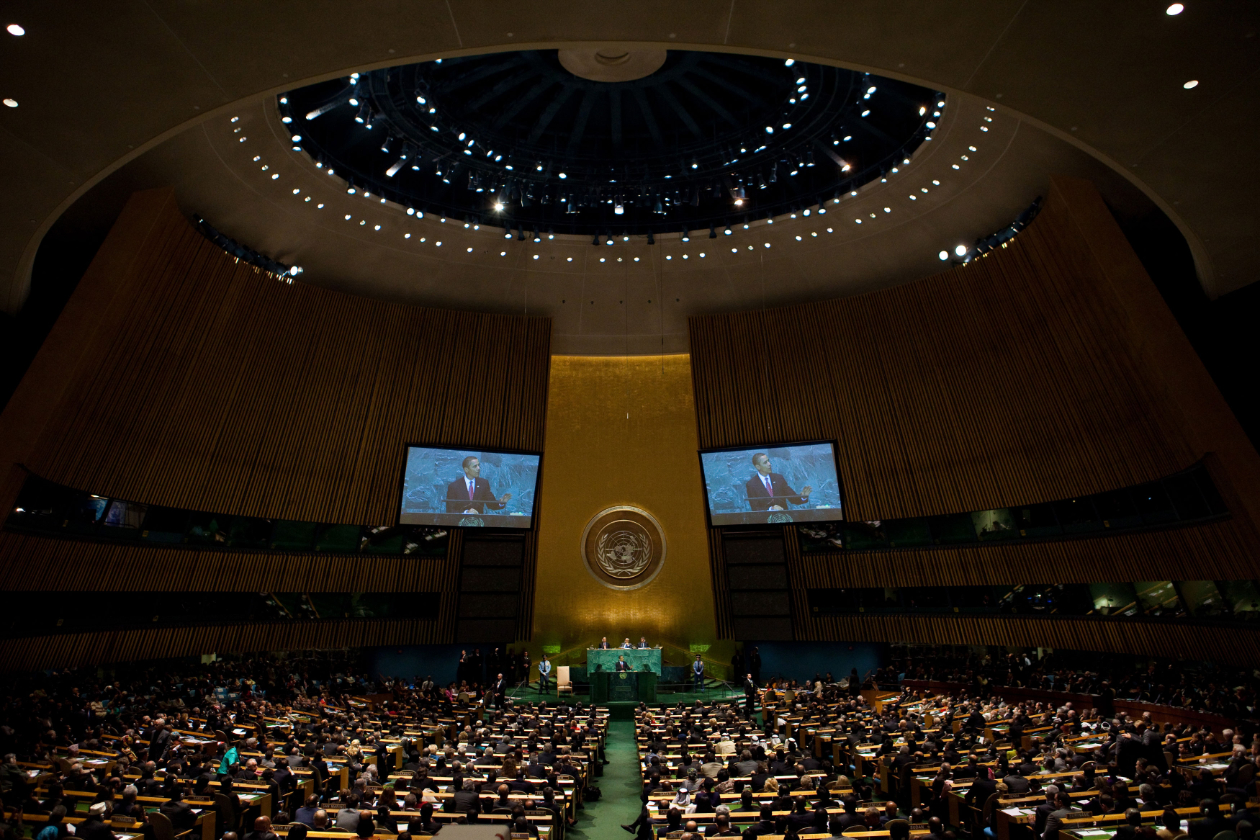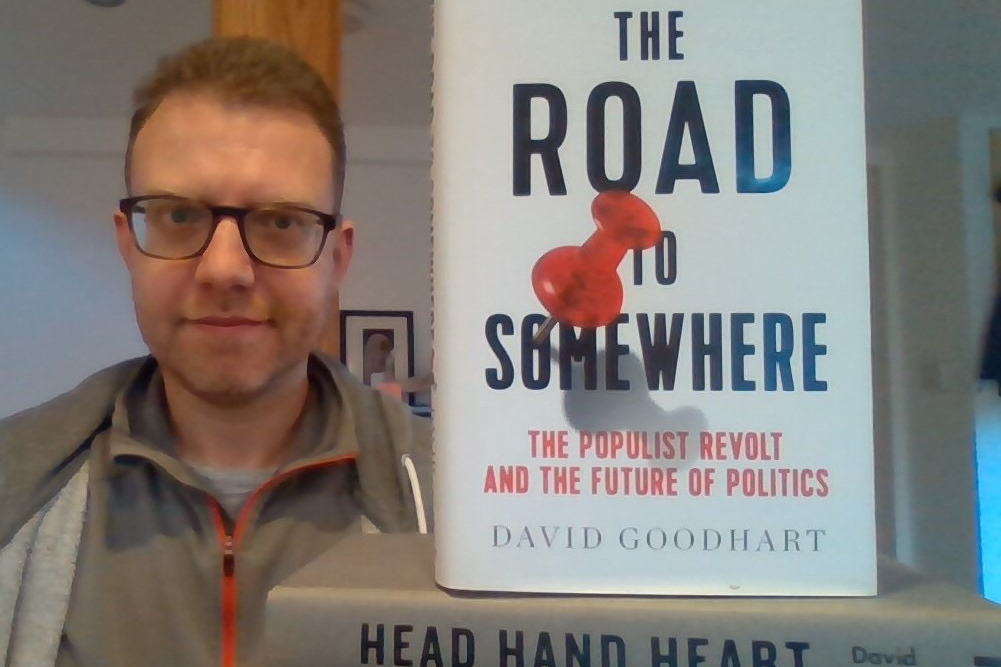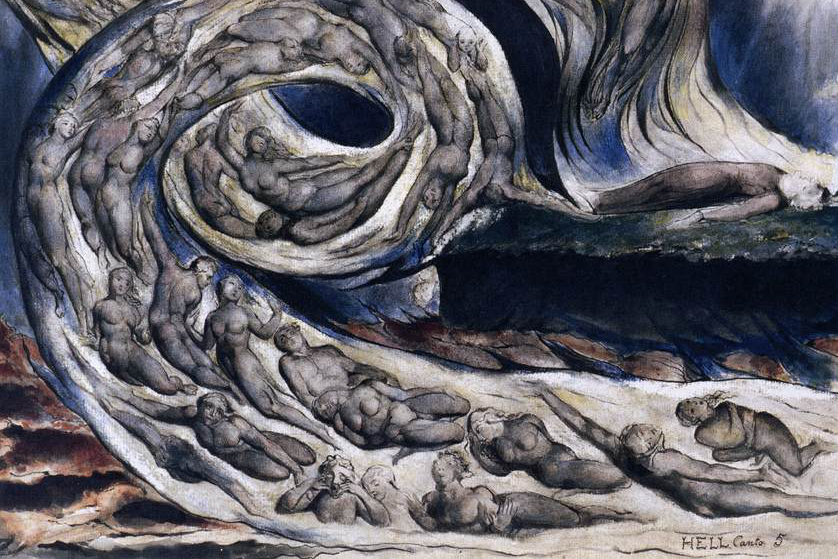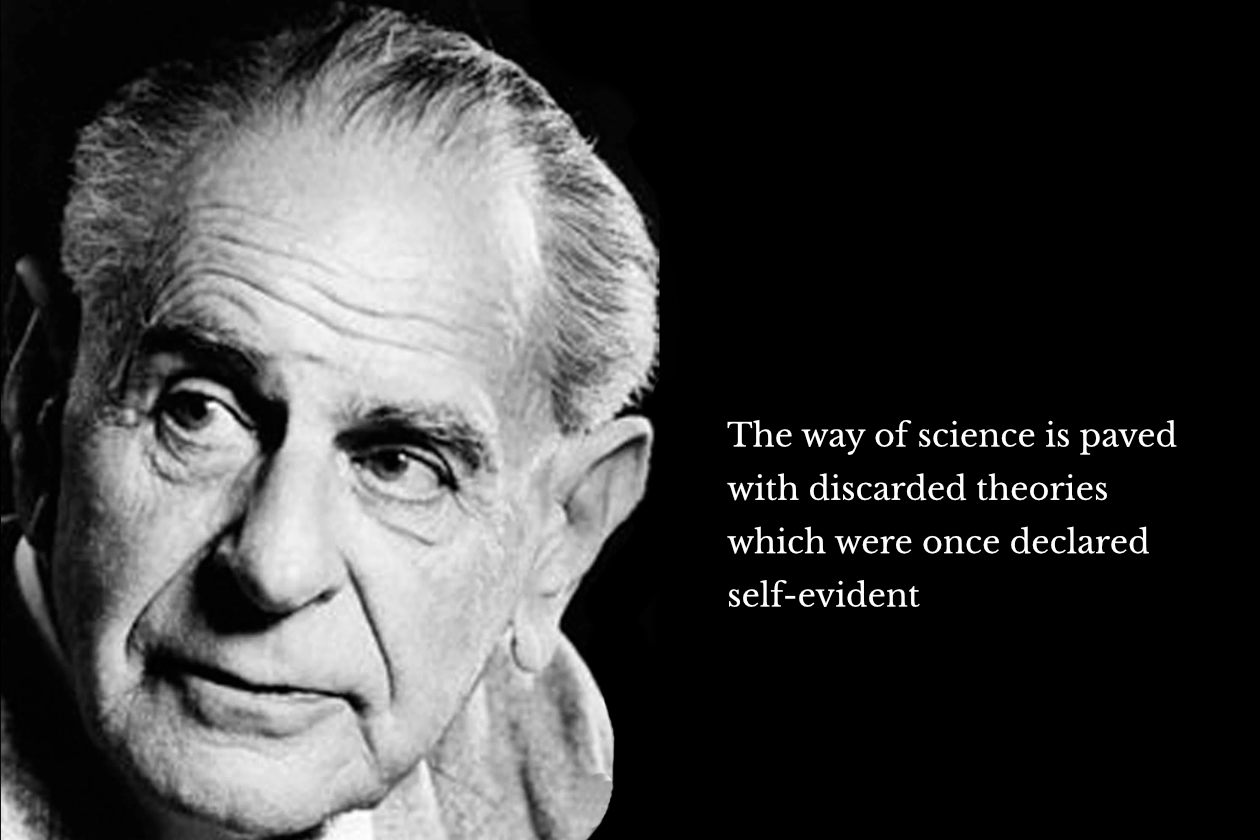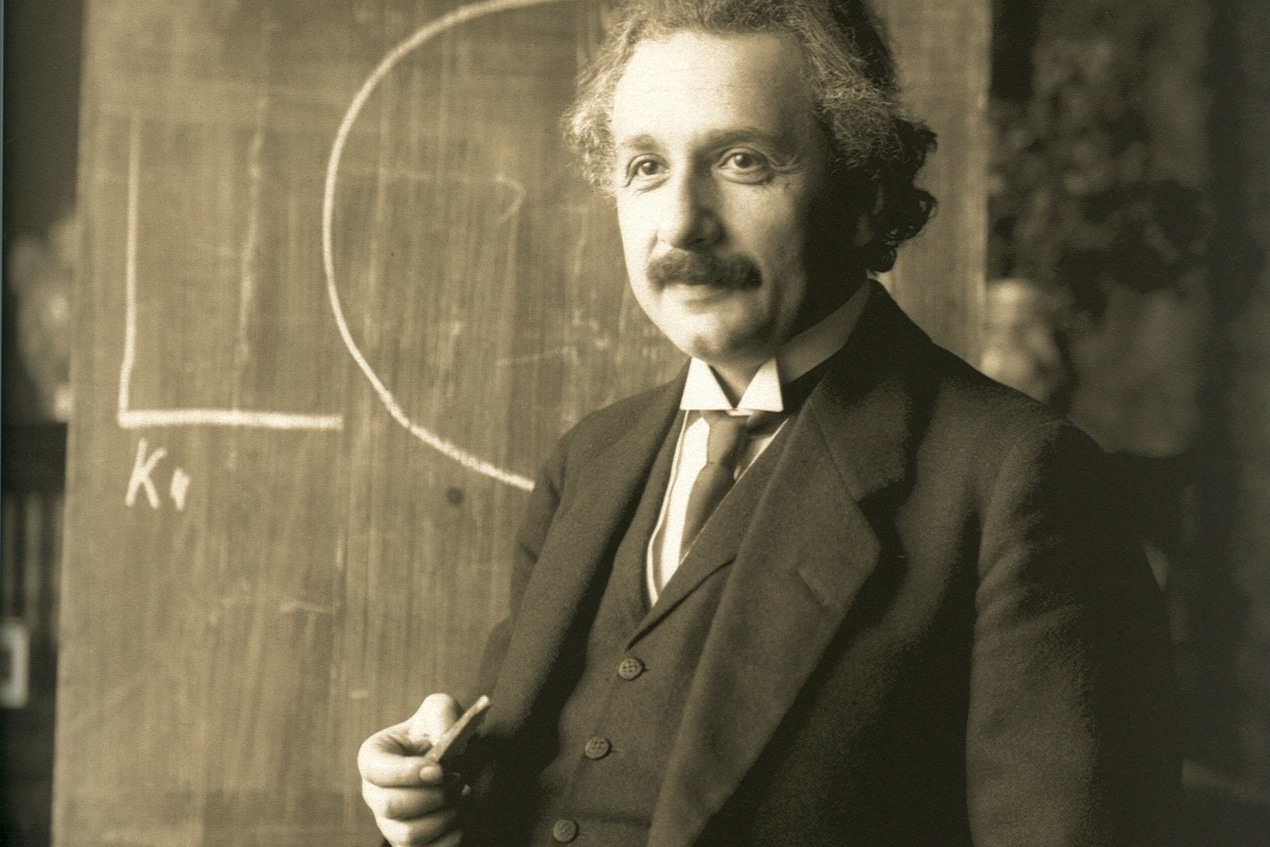This article explores the major political factors that have strongly influenced the science of climate change.

2 January 2026
Posted in: Science
Latest Articles
Refining the Ore
Ambedkar died just seven weeks after converting to Buddhism. How might his understanding of it have developed had he lived longer? This article offers some suggestions towards a possible answer.

30 October 2025
Working the Seam
Liberty, equality and fraternity were Ambedkar's central socio-political ideals. Here, we explore how he increasingly understood them from a Buddhist point of view.

20 September 2025
Preparing the Ground
Dr Ambedkar is of great historical significance, but his thought is also worthy of attention. This article lays the ground for a distinctive exploration of some of his deepest ideas.

18 August 2025
An investigation into how climate science has been harmed since the early days of the hypothesis of dangerous anthropogenic global warming.

3 June 2025
Posted in: Science
Politics
Chapter 13 of The Destructivists by William Collins, in which he explains why 'Wokeism' has become dominant in all centres of power and authority.

23 July 2023
Posted in: Politics
Chapter 10 of The Destructivists by William Collins, in which he explains why the 'elites' - the privileged, the established, the influential, the powerful - have most to gain from the imposed Moral Infantilism of society.

29 May 2023
Posted in: Politics
Calls for 'Social Justice' seem to be getting shriller, and the demands made in its name stranger. Vidyaruchi explains what the terms have come to mean, where the ideas underlying their current use originated, and why they are so dangerous.

3 May 2023
Posted in: Politics
Chapter 7 of The Destructivists by William Collins, in which he explains how supposed moral rectitude functions as a form of power.

24 February 2023
Posted in: Politics
Psychology
In this short reflection Advayacitta looks at the importance of psychology in caring for people who are physically ill.

21 March 2024
Posted in: Psychology
In the second of a series of short reflections on his work as a clinical psychologist, Advayacitta considers the process of projection.

26 December 2023
Posted in: Psychology
Advayacitta interviews Ratnaguna on the importance of individuality, especially in this moment of political polarisation, identity politics, and intolerance of views other than one's own.

16 November 2023
In this, the first in a series of short reflections on his work as a clinical psychologist, Advayacitta considers the phenomenon of irrational guilt

24 October 2023
Posted in: Psychology
Culture
In this very stimulating interview Thomas Hamilton-Shaw talks about two books by David Goodhart: The Road to Somewhere and Head Hand Heart. Tom is a friend of David and was his research assistant for the second book.

6 January 2022
Posted in: Culture
Maitreyabandhu is an award-winning poet, and in this illuminating interview he tells Ratnaguna about his latest volume of poetry, After Cézanne.

10 July 2021
Posted in: Culture
Director and conductor of the New Hampshire Philharmonic Orchestra, and member of the Triratna Buddhist Order Sravaniya (Mark Latham), tells Ratnaguna why he thinks classical music is important.

9 June 2021
Posted in: Culture
Philosophy
Vidyaruchi considers the limitations of Popper's political thought, and argues that the liberalism that he espoused needs a framework of higher values such as is found in Buddhism.

30 October 2021
In this interview - the first in the new series Books Worth Reading - Ratnaguna interviews Jñanavaca on The Master and His Emissary by Iain McGilchrist, and finds out why he thinks it is a book well worth reading.
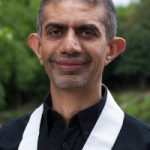
6 October 2021
Posted in: Philosophy
An account of Popper's thinking on politics, including his critique of 'historicism', his demolition of Marxism, and his own theory of how to bring about social change.

18 August 2021
Posted in: Philosophy
Karl Popper is arguably one of the foremost philosophers of the 20th century. Here, Vidyaruchi considers his theory of scientific method, and attempts to formulate a Buddhist response.

23 June 2021
Posted in: Philosophy
science
Advayacitta explores the nature of the IPCC and the quality of its reports.

16 September 2024
Advayacitta begins to explore the history of climate change politics. He investigates the cultural context within which preoccupation with global warming developed. It was a context notable for its intense fear of disasters.

3 August 2023
In this article Advayacitta describes the process of how he came to alter his opinion about climate change.

15 March 2023
In this second article on Buddhism and physics, Advayacitta explores an important parallel between Relativity Theory and the Buddhist doctrine of śunyata.

26 January 2022
Posted in: Science
Buddhism
Explores Sangharakshita's account of the final stage of the Threefold Way, including his familiarity with formal logic and his use of it to explain the doctrine of anattā.

19 March 2025
Posted in: Buddhism
A further exploration of one of Sangharakshita's signature teachings: the cyclical and progressive modes in which the law of dependent arising operates.

19 December 2024
Posted in: Buddhism
The way Buddhism has been generally understood in the West has been strongly shaped by the rationalist tendencies of certain nineteenth century scholars. This article explores Sangharakshita's critique of these 'Orientalists', and how it is still relevant to us today.

12 August 2024
Posted in: Buddhism
Over three years ago, a group of friends and I came together with the aspiration of launching an online periodical — the very one you are reading now. What was on our minds? What inspired the project?

10 May 2024
Posted in: Buddhism
Articles
Are black lives 'systematically and intentionally targeted for demise' by the police?
In this article Ratnaguna makes a case for spiritual communities changing the world for the better.
Subhamati takes a closer look at Stephen Batchelor's Tricycle article on Brexit.
Explores Sangharakshita's account of the final stage of the Threefold Way,
Advayacitta begins to explore interesting parallels between two core Buddhist principles, and modern physics.
Vidyaruchi examines Popper's thinking on politics, his critique of 'historicism' and his demolition of Marxism.
Aryajit interviews Ratnaguna on Walking with the Wind by the Civil Rights activist John Lewis
Maitreyabandhu's latest volume of poetry, After Cézanne.
This review explores ‘The Burning House’, a response to a perceived climate emergency.
When a tyrannous regime invades a peaceful country, what is the most ethical course of action?
Another short Dharma essay, Gotama, Mole, and the Wild Wood.
What is ‘racial equality’? What should Buddhists make of it?
Why the Modern Left Loathes the Working Class
A conversation on the series 'A Good Heart is not enough'.
This is the first in a new series we're calling Thus Have I Heard: Brief Essays on Buddhism.
Subhuti explores the pursuit of beauty as a spiritual path. Part 1 of 2 parts.
Vidyaruchi argues Popper's political thought needs a framework of higher values such as is found in Buddhism.
The second part of Vidyaruchi's series on A Survey of Buddhism.
The Buddha was aware of the dangers of engaging in debates, and he had some observations about how to conduct discussions.
Urgyen Sangharakshita explores the idea that ethical actions are not only good, but also beautiful
Ratnaguna interviews Advayacitta about the nature of consciousness, and how this relates to the question of rebirth.
Advayacitta describes the process of how he came to alter his opinion about climate change.
The importance of Buddhists transcending political ideologies.
Ratnaguna marks Apramda’s first year by discussing why the objective truth is crucial for the health of society
What is the root of our suffering and how can it be quenched? What did the Buddha discover?
Silavadin discusses the materialist view of evolution and, following the philosopher Thomas Nagel.
How can we really know anything, and how often are our opinions based on a lack of real knowledge?
A Buddhist response to Karl Popper’s theory of scientific method.
A further exploration of one of Sangharakshita's signature teachings.
Apramāda has been accused of trying to 'delegitimize and derail racial justice work'.
Political ideologies can undermine psychological functioning.
Thomas Hamilton-Shaw talks about two books: The Road to Somewhere and Head Hand Head Hand Heart.
This article is intended for those who are curious about Buddhism but as yet knows little about it.
his work as a clinical psychologist, Advayacitta considers the process of projection.
In this short but powerful piece Nagapriya argues that gratitude is transformative.
Ratnaguna argues that if someone gives offence you don't have to take it
A commentary on the seven principles the Buddha gave to the Vajjika League
Whole societies can split into mutually unintelligible ‘tribes’.
Advayacitta interviewed about the importance and meaning of music in general, and in particular of the chanting of mantras.
The powerful have most to gain from the imposed Moral Infantilism of society
A multi-faceted exploration of Sangharakshita's understanding of the relationship between Buddhism and science.
Advayacitta begins to explore climate change politics, looking at the cultural context in which fears about climate developed
The first article in a series on Sangharakshita's magnum opus A Survey of Buddhism.
In this second article based on his celebrated 'Eros and Beauty' talks, Subhuti examines the nature of aesthetic experience.
Vidyaruchi explores what 'Social Justice' has come to mean.
Cass Sunstein argues that groups, and society, need dissenters to prevent them from making bad decisions.
Devamitra's account of his treatment of prostate cancer. Inspiring, and thought-provoking.
Ratnaguna and Advayacitta discuss aspects of Buddhism and psychological therapy - their similarities and differences.
Ratnaguna looks at instances from ancient texts of the Buddha debating, and draws out lessons that we can learn from him.
Advayacitta explores how decision making in health care has been increasingly taken away from clinicians and their patients
